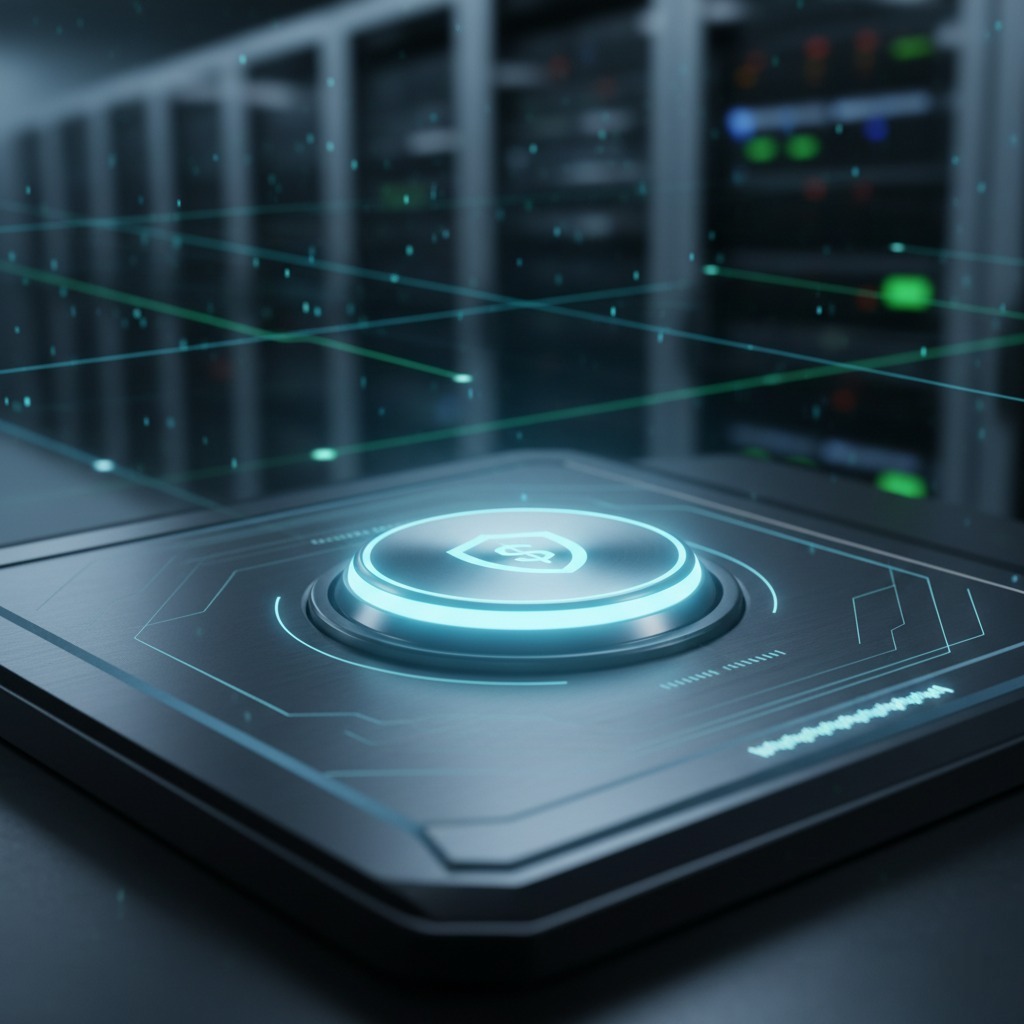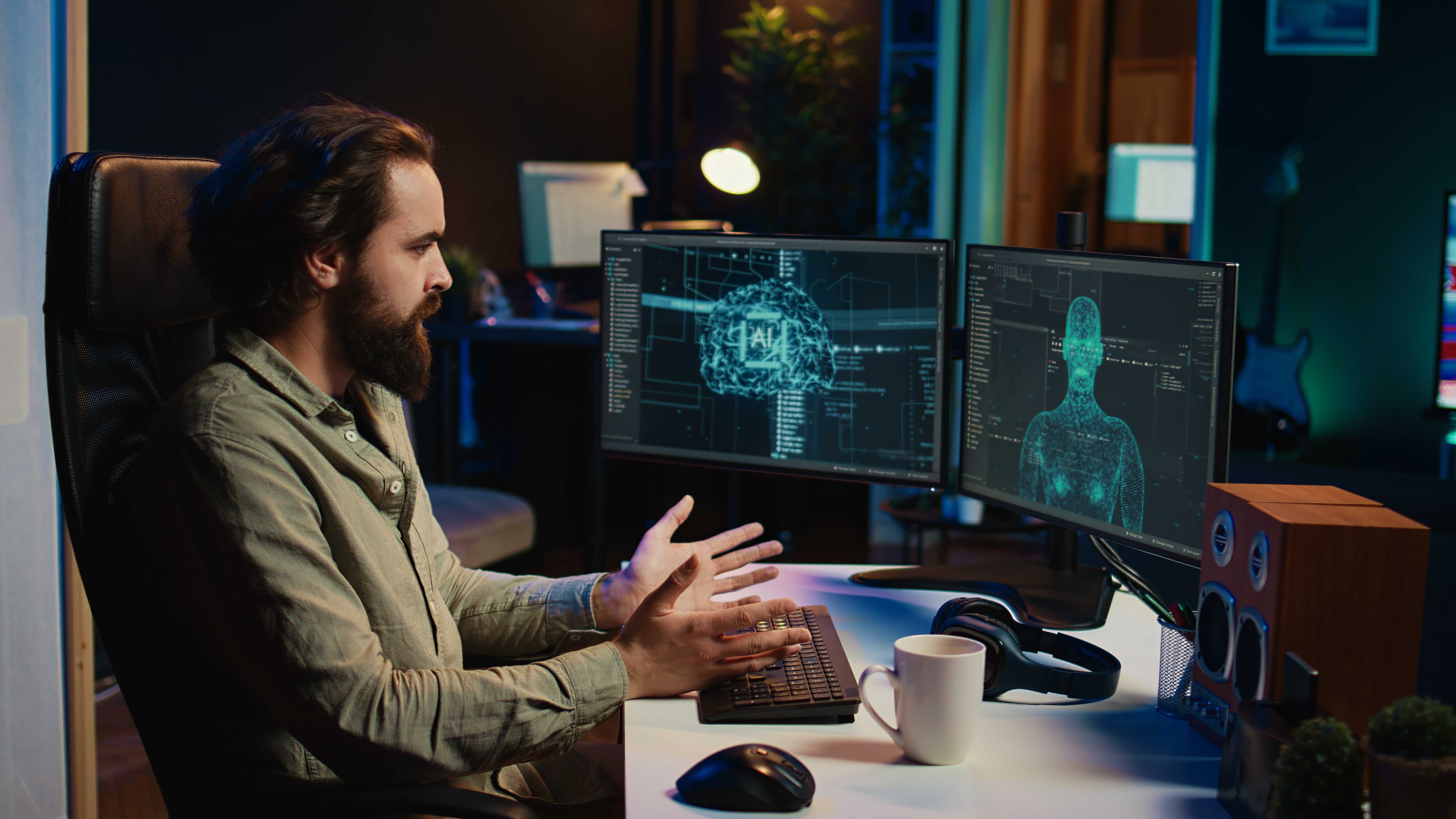
Today, the progress in Cloud technology is dependent on the evolving area of DevOps as it complements the progress of multitudes in field of orchestration. As DevOps is the automation of agile methodology, business needs are empowered by application development, speedy delivery and lower costs for development, testing, deployment, and operations with this model. CoreIT, here, examines the two most prominent reasons as to why DevOps prove to be joined to the hip of Cloud Computing.
The first and foremost reason is that aspects of orchestration such as Auto-provision and Auto-scaling become possible with DevOps. The proactive monitoring of application workloads and data sets becomes easy making it possible to tightly integrate the continuous development of tools thus lowering costs.
The second reason is security. In a threat-rich environment, DevOps provide better security by bringing in continuous improvement to cloud-based platforms and applications. DevOps automation with a standard and centralized platform such as cloud proves to be a great area for testing, deployment, and production keeping threats of security at bay.
While integration is essential, it’s important not to lose focus on application development standards and issues of database connectivity, middleware issues and architecture problems can be easily rooted out by encouraging DevOps.
DevOps and cloud go hand-in-hand, facilitating application deployment and automation and are able to achieve stable and repeatable integrations of automation and orchestration. The end result is a system that is much less likely to have vulnerabilities and can be exploited when they’re deployed to a public cloud.
Today, CoreIT believes DevOps automation is becoming cloud-centric. Many developers who enter into the process find that governance keeps them out of trouble, and it's easier to control this centrally via the cloud instead of attempting to bring departments under control.

.jpg)
